
TAGTIK NEWS - TO THE POINT
Born on April 4: Hugh Masekela, the conscience of African jazz
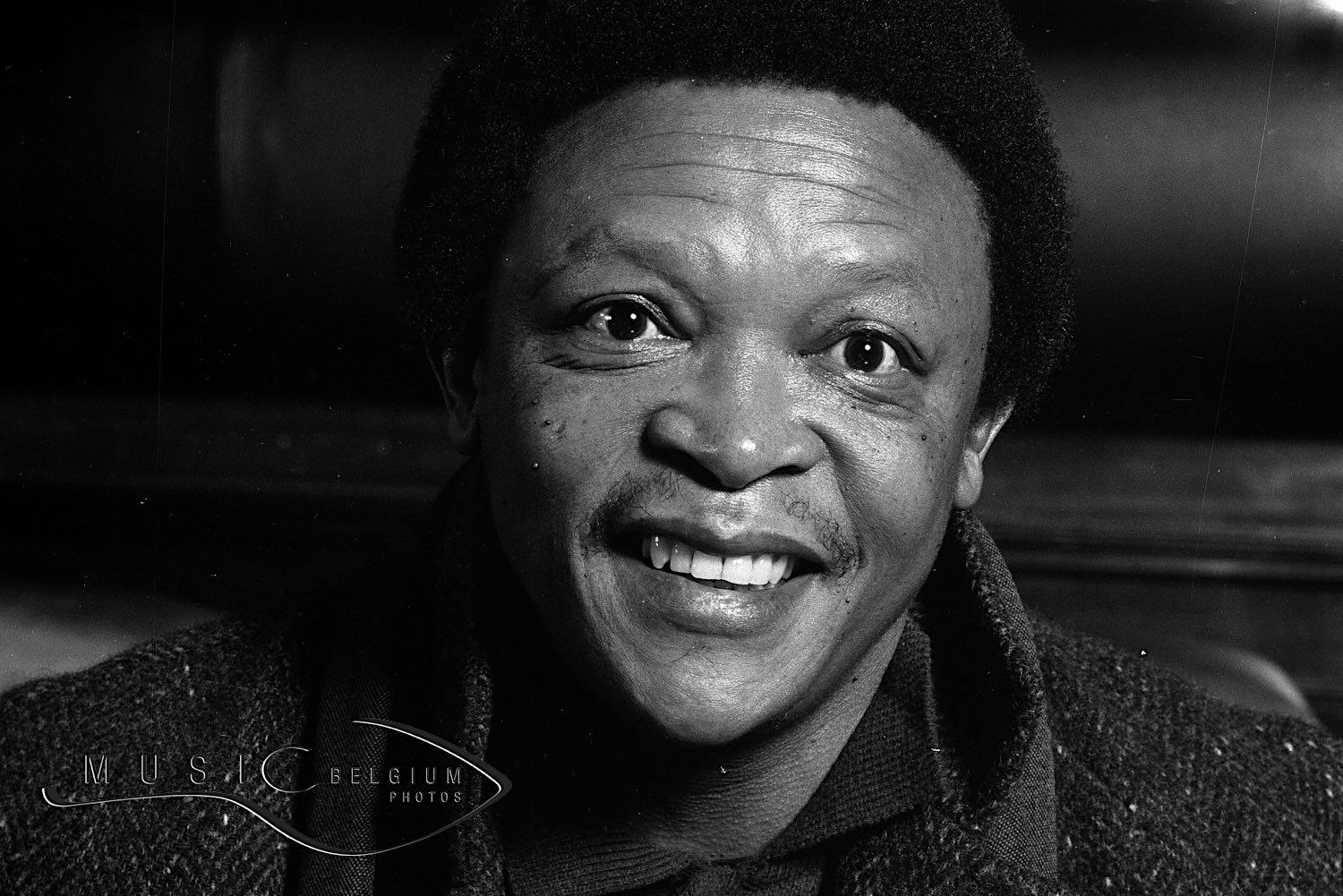
He was born in 1939 in South Africa at a time when the rights of the black population were nonexistent.
In the absence of a good fairy leaning over his cradle in a township, the young adolescent relied on a benevolent star: an Anglican priest who advised him to learn the trumpet. He even gave him one that had belonged to jazz legend Louis Armstrong! Thus equipped, the young Hugh had to compete with a man nicknamed Satchmo. A pioneer of African jazz, alongside Manu Dibango among others, the trumpeter quickly found himself in New York where Dizzy Gillespie and even the irascible Miles Davis took him under their protective wings. It was also in the Big Apple that he married Miriam Makeba and divorced a few years later just before she recorded her famous "Pata Pata". But they would continue to share the same fights against apartheid…
While Masekela achieved his first major success with the very popular instrumental "Grazing In The Grass" (1968), which knocked the Rolling Stones’ "Jumpin’ Jack Flash" off the top of the US charts, he's best remembered as one of the consciences of African music with "Soweto Blues" (1976) about the massacres in the township sung by Makeba, and also "Bring Him Back Home" (1987) for the release of Nelson Mandela. The hypnotic "Afro Beat Blues", in the spirit of Fela Kuti, is also emblematic, as is the heartrending "Stimela (The Coal Train)".
He's also known for having participated in Paul Simon’s album "Graceland" (1986) and subsequently accompanying him on tour around the world as a voice against apartheid and the segregation defended by Frederik de Klerk. The eclectic and committed trumpeter died of cancer in January 2018 in Johannesburg.
(MH with Stéphane Soupart - Photo: © Etienne Tordoir)
Photo: Hugh Masekela on stage at Forest-National in Brussels (Belgium) in June 1989
LATEST NEWS

RIP: The legendary Tucker Zimmerman has passed away at the age of 84.
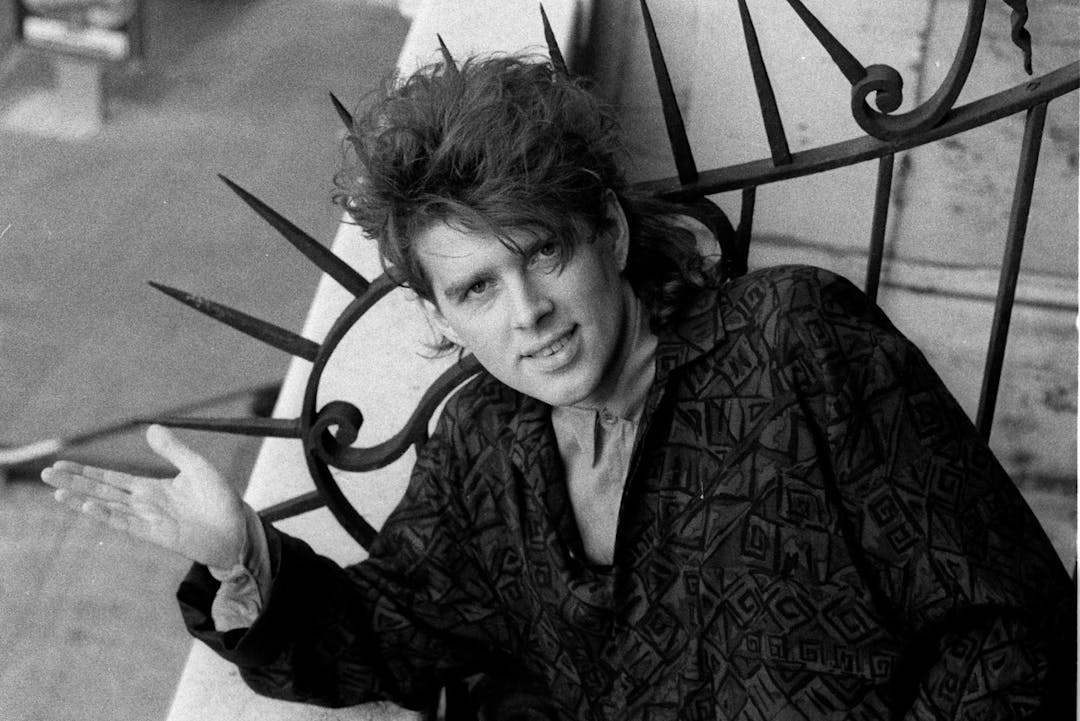
Born on January 18: Tom Bailey (Thompson Twins) always calls his "Doctor! Doctor!"
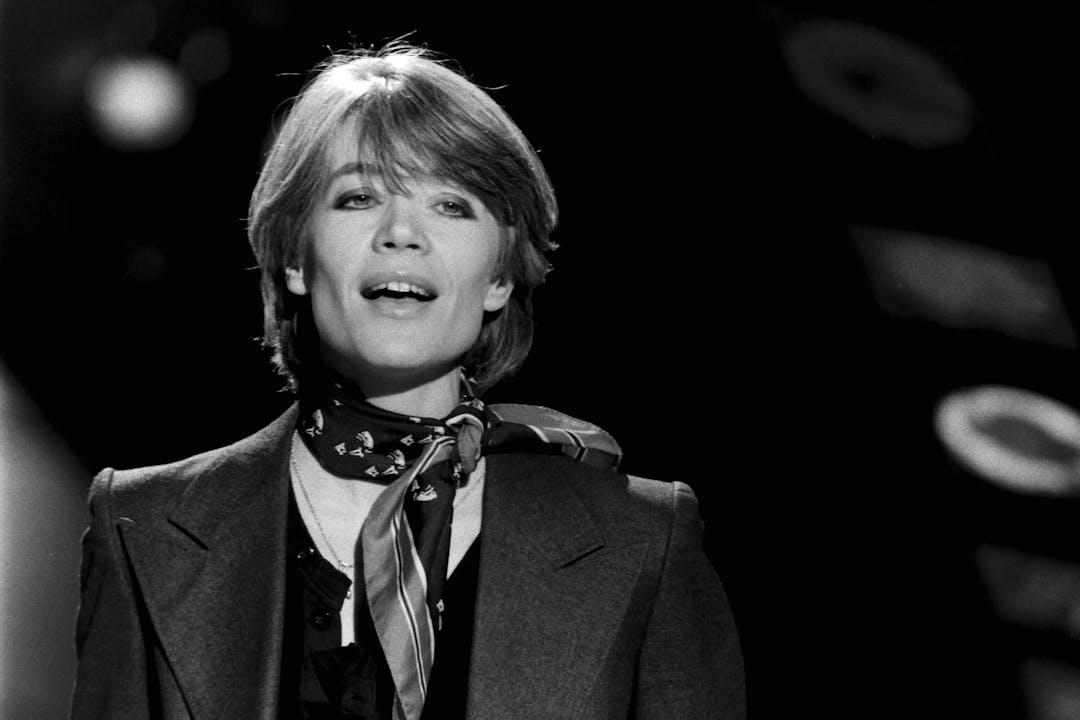
Born on January 17: Françoise Hardy left to find the stars in 2024
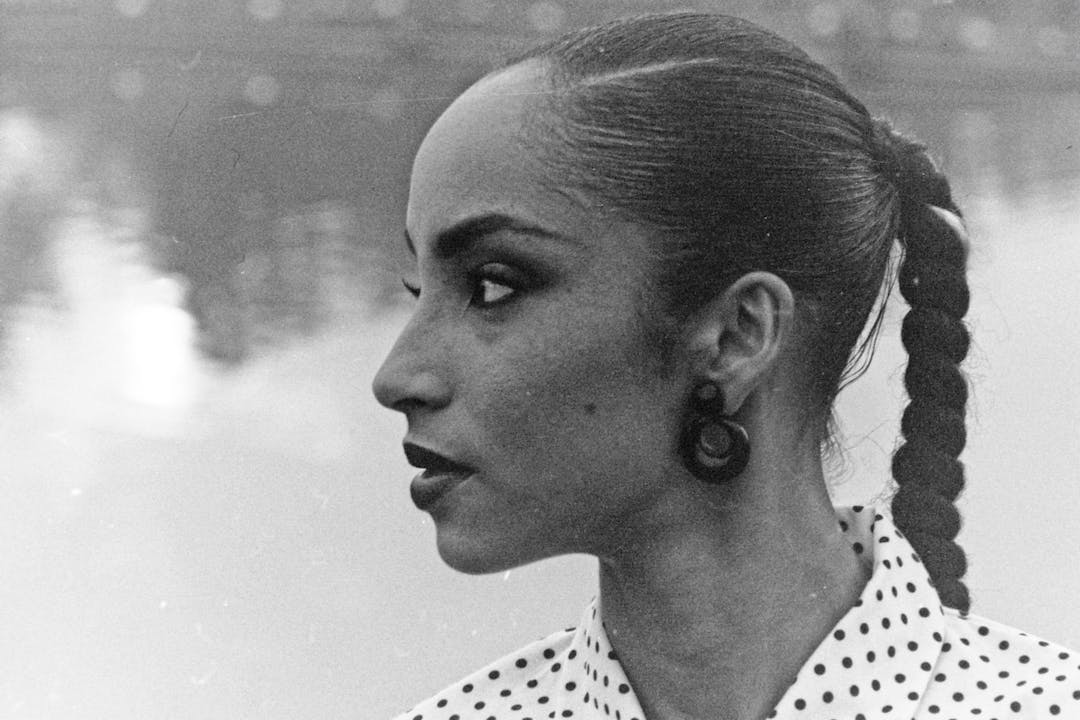
Born on January 16: Sade, the discreet gem of British soul music
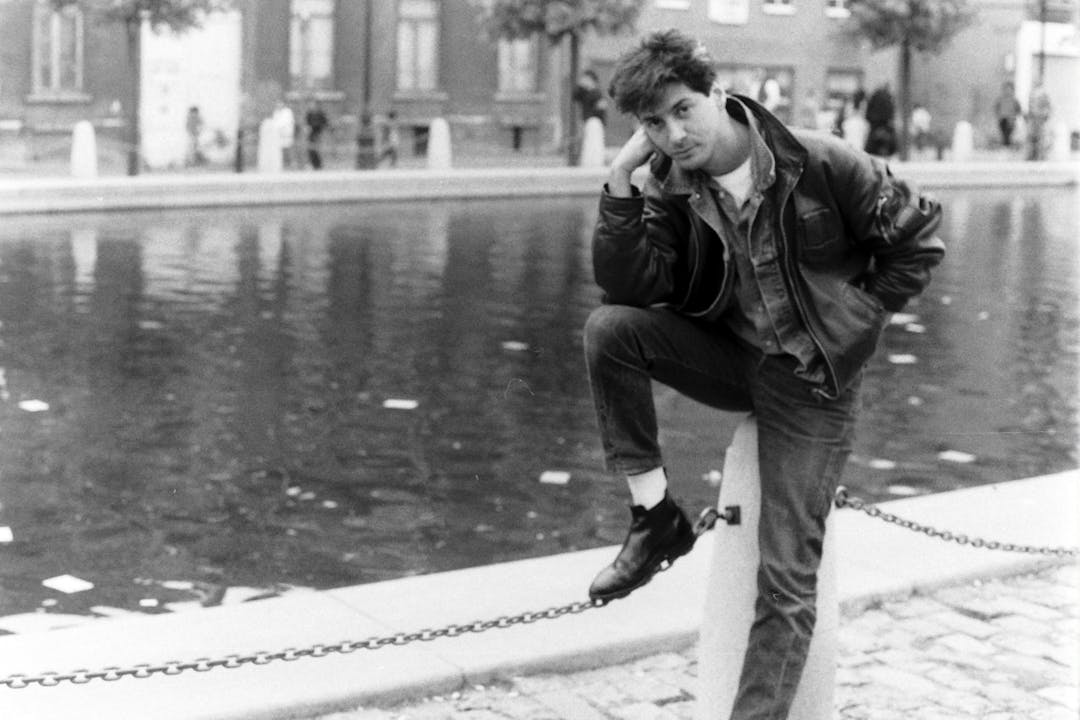
Born on January 14th: Etienne Daho, always full of musical notes...
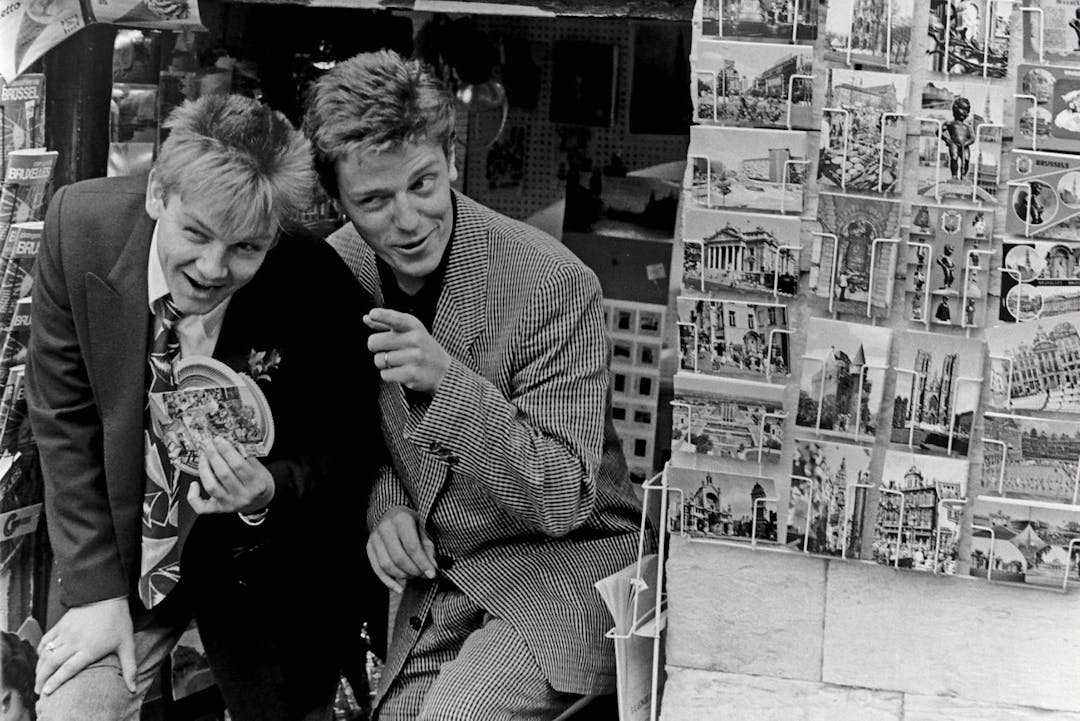
Born on January 13: Suggs (Madness), the sweet English ska madness from the 80s
Quick links